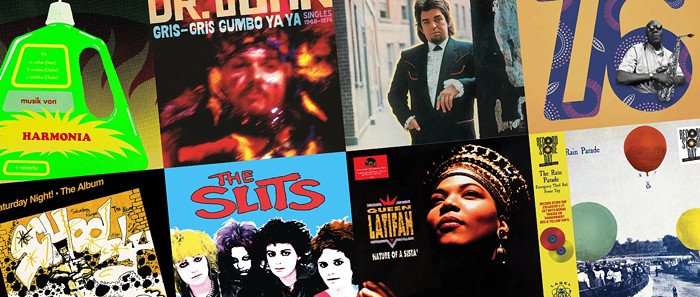w/Heather Duby, the Long Winters
Fri Sept 13, Graceland, $8 adv.
"Just don't get involved," I said. "Eventually you'll be made to feel old and insignificant because somehow, being there to hear it the first time around is incompatible with being able to hear it with the proper amounts of enthusiasm and vitality the second time around." I was talking to a thirtysomething publicist for Matador records who was furious at himself for having gotten into an e-mail war with someone who is not a fan of the label's gloomy, shoegazer-influenced New York band Interpol. Opinions aside, someone who was, in all probability, half the publicist's age, riled his anger. Earlier that day I nearly got sucked into the same kind of situation after spotting a post calling Bright Eyes an "older" band that still "gets it." It was all I could do to keep from attacking my keyboard and launching into a tirade that I knew, after a few exchanges, would only leave me doubting my significance as a critic/ music-fan.
Interpol is one of the few '80s redux bands that I've welcomed wholeheartedly, probably because it sounds EXACTLY like it could have come out in that rich period of moody, guitar-driven emotional extrapolation that roiled in the heads and from the speakers of disaffected early-to-mid-'80s youth. Joy Division most definitely comes to mind while listening to the four-piece's full-length debut, Turn on the Bright Lights, as does Echo & the Bunnymen (circa Heaven up Here, in honest retrospect being the band's only enduringly good record), Psychedelic Furs, and Bauhaus. Despite the album title's demand for illumination, Interpol sounds right because it's the first (with the possible exception of Black Rebel Motorcycle Club) of the new wave from the period that began with new wave that doesn't attempt to add brightness to all that gorgeous gloom via perky synth overkill or carefully crafted untidiness. Turn on the Bright Lights is smooth as silk and as lyrically plaintive as any pretentious Brit could have done it 15-20 years ago; it's droney and fuzzy, urgent, unhappy and troubled--an altogether beautiful mess of deep, violet-colored arcs of flashing anger and heartache allowed to flow freely until the mood is fully spent.
Though he's lived most of his life in New York City, singer/guitarist Paul Banks is a British expat who spent his early childhood in Essex (guitarist Daniel Kessler was born in London), so you could say he carries the right to sound so funereal in his bones. But Banks is adamant that the influences were subliminal rather than intentional. To frame the question, I first inquire about his age, but he skirts the issue, responding, "We don't generally go into that, actually." So I end up having to admit I recognize Interpol's sound as similar to that which I loved when I was in my early 20s, when, I assume, Banks was a young lad dressed in short pants. "When I was a little kid," he begins, "I think some of the moods of those bands probably got into my subconscious and it's coming back into what [the band] is doing right now, but I wasn't at all listening to Joy Division or Gang of Four at the time. The only thing I can think of as a link is that we have some members that are big fans of early-'80s Brit pop or British music. I'm not one of them, but I think the link is that we all share an enjoyment of getting in the mood, and melancholy ambience, and maybe the last time that there was ambiguous, moody, melancholy rock was in Britain in that time period. But we never spoke about trying to sound like that. It's something that we've only started talking about since it's been said so frequently [in reference to Turn on the Bright Lights]. Actually, my guess is as good as anyone else's, because it wasn't a formulated attempt in that sense."
Such bleak expression, accompanied by fully wrought instrumentation, seems almost embarrassing in this era of emotions routinely set to stripped-down or buoyant songwriting. Interpol, however, doesn't shy away from the notion of overt presentation, be it musically or even in its daily attire, which invariably centers on a suit and tie. This is not typical of the hubbub surrounding the media-pushed, supposedly reinvigorated New York City music scene where garage is hailed as the new-new. I assume Banks is just fine and dandy with his band's sharp contrast to all that's busting through the sidewalks around him, although I'll never know whether his failure to stay on the telephone line was a pointed response to my having broached the subject or if the cell phone just cut out. Either scenario seems plausible, but investigating which one proves authentic will probably result in my questioning my significance again, so I'll be done with it.


















